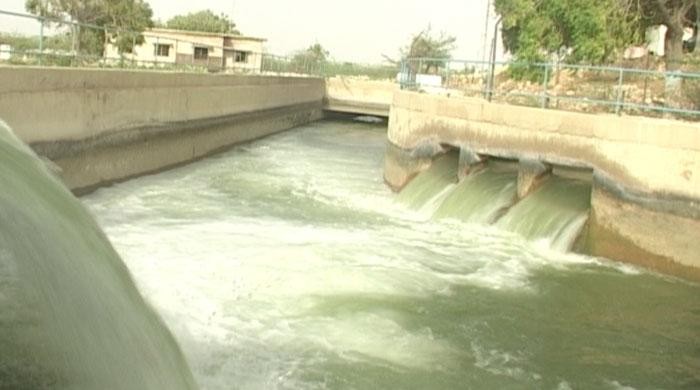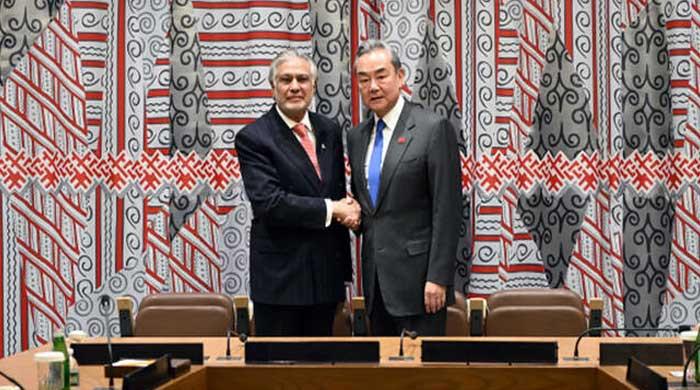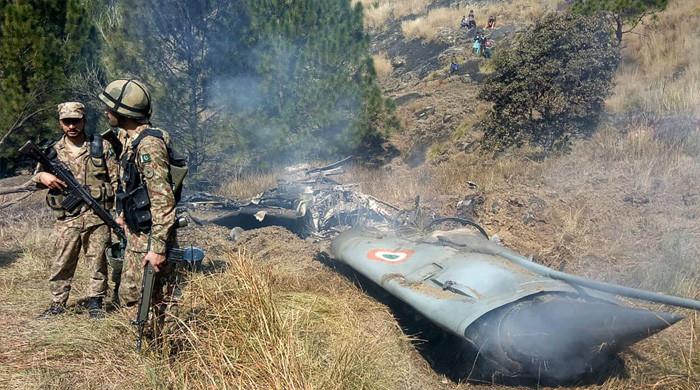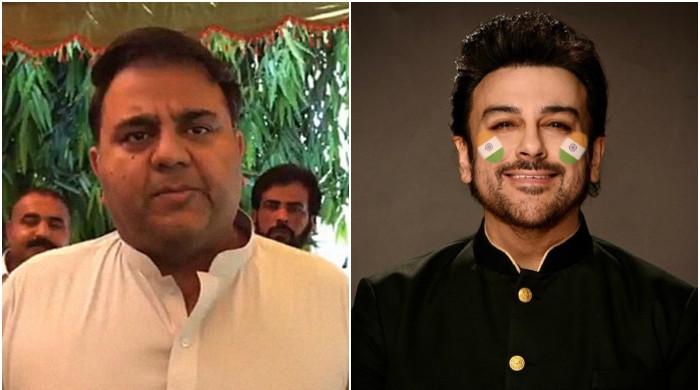Supreme Court summons CM, Mustafa Kamal in Sindh pollution case
Judiciary must intervene when government fails to fulfill its responsibilities, remarks CJP
December 04, 2017
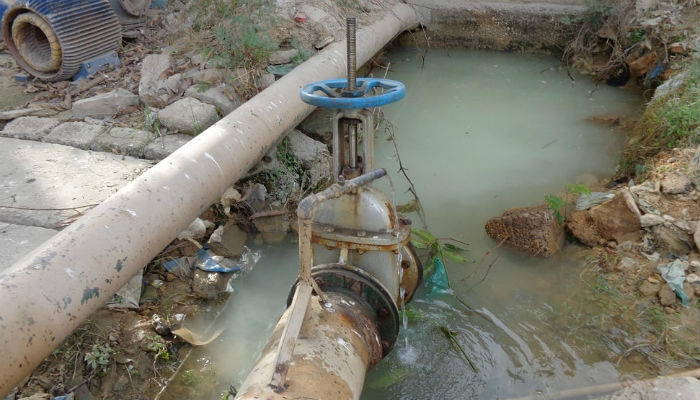
KARACHI: The Supreme Court summoned on Monday Sindh Chief Minister Murad Ali Shah on December 6 while hearing the air and water pollution case at the Karachi Registry on Monday.
The three-member bench, which was hearing a case on the provision of clean drinking water for people of Sindh at Supreme Court’s Karachi Registry, also summoned former city mayor Mustafa Kamal on December 6.
During the court proceedings, Chief Justice of Pakistan Justice Mian Saqib Nasir observed: “This is a matter of people’s lives, it cannot be ignored. The chief minister will be asked about all the steps he has taken in this regard.”
The chief justice also remarked that the judiciary must intervene when the government fails to fulfill its responsibilities.
“There will be no compromise on air and water pollution,” he remarked, adding “the high officials will also be summoned in the case if necessary.”
“Air and water are the two biggest blessings,” remarked Justice Nisar, adding that no one can live without them.
“It is compulsory that the government fulfill its responsibilities. Installation of different factories is affecting people in Sindh and Punjab,” he observed further.
"Air pollution is giving rise to diseases such as cancer among others," he stated further.
Advocate Shahab Usto, who filed the petition, said that people in 29 districts across the province are drinking contaminated water. “Eighty per cent water in Karachi, 85 per cent in Hyderabad, 88 per cent in Larkana and 78 per cent in Shikarpur is contaminated.”
Usto also spoke about the video made by the commission, which was formed by the apex court to investigate the matter. “Just look at the video that has been made by the commission,” Usto said.
“Why shouldn’t we order PEMRA to show the video on television channels,” the chief justice observed.
Usto pointed out that people are being supplied with unfiltered, untreated water across the province. Responding to this, the chief justice remarked: “We grew up drinking unfiltered water but during those days that water was beneficial.”
Waste from hospitals, industries and municipalities is disposed of in rivers across Sindh, the petitioner claimed.
“Those who are responsible for this, why aren’t they doing anything,” questioned the chief justice, adding that, “people who go to others and promise they will do this and they will do that, why have they turned a blind eye towards this?”
“Such people make big claims but they cannot supply clean water to the nation,” he remarked. “Is there anyone who can solve the problems of the nation?”
AG Sindh objects to CM’s summons
After the court summoned the chief minister, the advocate general Sindh objected, stating that, “The court should give time to clarify the issue before summoning the CM.”
Reacting to this, the chief justice remarked: ““We want the person who is responsible for the projects to appear before the court".
“Supreme Court is a constitutional institution which is hearing a case pertaining to human rights. If the CM appears before the court then we can move towards solving the issues,” the chief justice observed.
“Why is the advocate general getting worried, we just want to meet the CM,” he stated further, adding that the “CM should come here and solve the issue.”
If the issue is not resolved this way, then the court will issue orders. “We can’t stay quiet over the prevailing danger to human lives,” Justice Nisar remarked.
Then, the AG informed that CM will not be in the city on Tuesday, after which the bench put off the hearing to Wednesday.
Mustafa Kamal summoned over illegal land allotment
During the court proceedings, the court also questioned the petitioner why is he scared of taking the name of Mustafa Kamal.
To this, the petitioner said: “I am not scared of anyone. The former mayor illegally allotted the land for the Mehmoodabad treatment plant.”
The court ruled that Kamal should tell the court who did he ask before allotting the 50-acre land, which was reserved for the Mehmoodabad treatment plant.
Kamal was the city mayor from 2005 to 2010 when he was in the Muttahida Qaumi Movement. However, he has since left the party and formed its rival, the Pak Sarzameen Party.
Contaminated water being supplied to Karachi: report
On July 16, the judicial commission, formed by the apex court to probe the Sindh government’s alleged failure to provide clean drinking water and proper sanitation facilities to the citizens in the province, was informed that the people were being provided water mixed with human waste.
The Pakistan Council of Research in Water Resources (PCRWR) told Justice Muhammad Iqbal Kalhoro, a Sindh High Court judge who is heading the one-man commission, that water supplied to the people of the province for drinking was found contaminated with human waste.
It said 90 per cent of the drinking water provided to the residents of Karachi was not fit for consumption and could be hazardous to health.
The council said in a report that 88 per cent of water in Larkana was contaminated and contained 60 per cent of human waste, water in Hyderabad contained 42 per cent of human waste, Jamshoro 75 per cent, Tando Allahyar 36 per cent, Badin 23 per cent and Tharparkar’s water had 28 per cent of human waste.
Water samples had been collected from 71 hospitals of 14 districts of the province, and they contained 33 harmful elements for human life.
